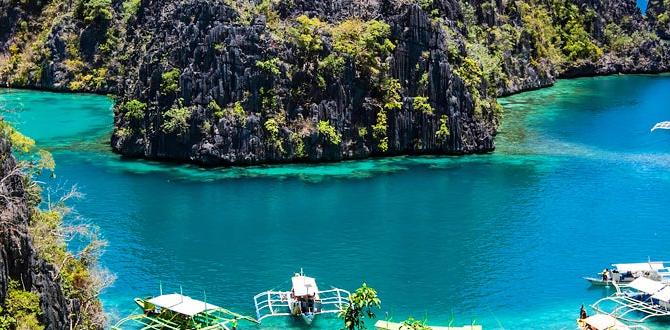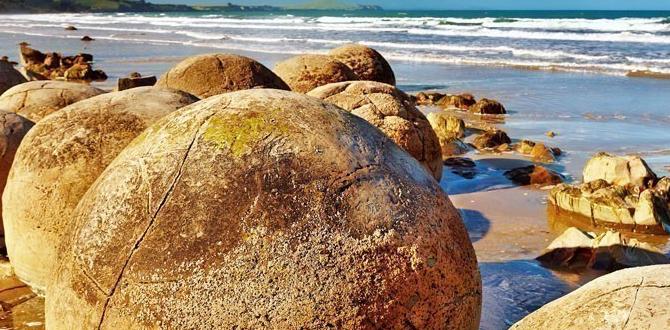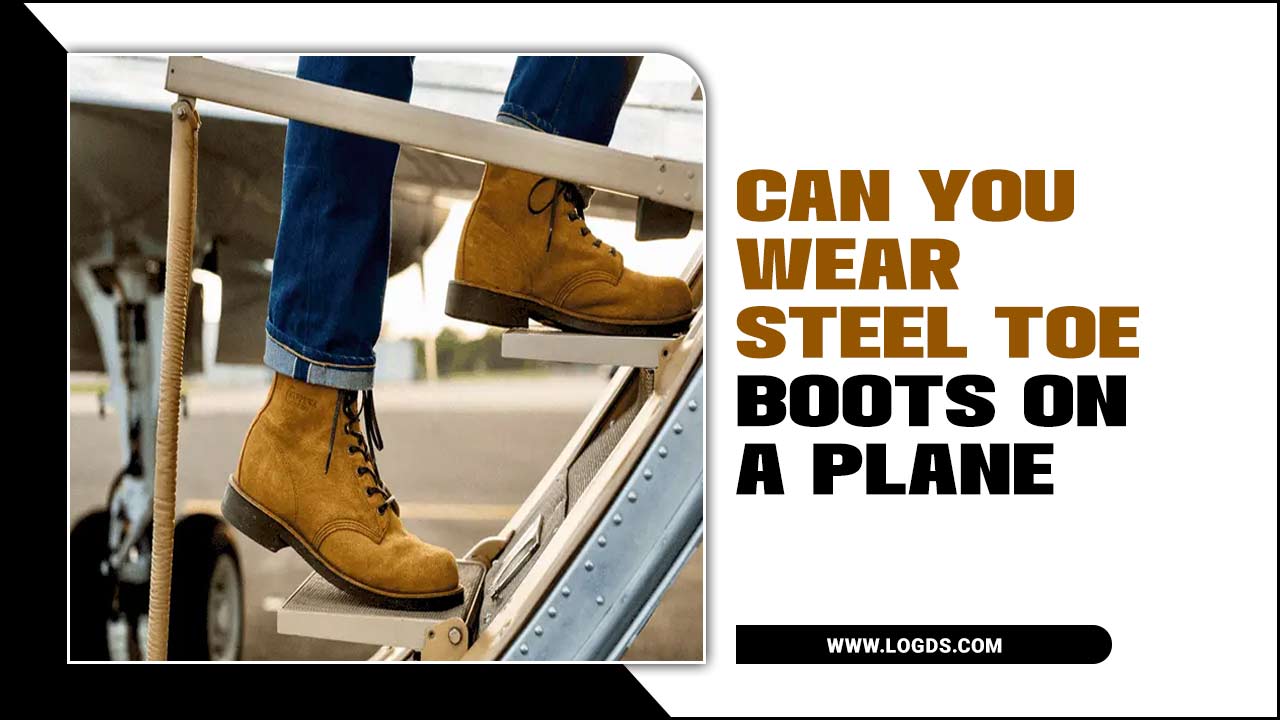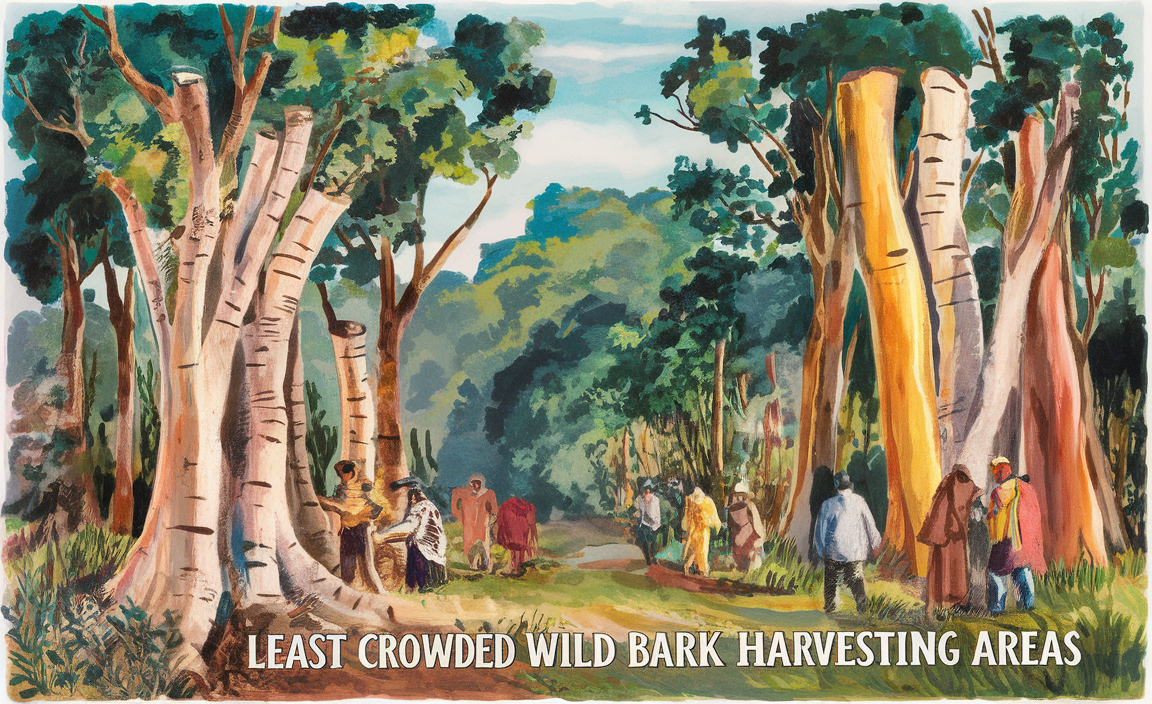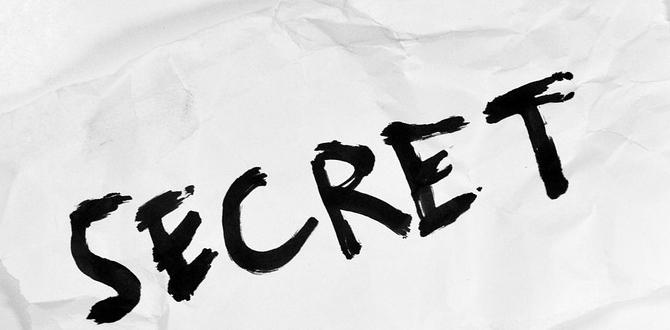Algeria LGBTQ+ friendly travel is complex; while openly LGBTQ+ spaces are virtually nonexistent and societal attitudes are conservative, discreet travel focused on major tourist hubs like Algiers is possible with informed caution and respect for local customs.
Planning a trip to Algeria can feel like a puzzle, especially when you’re wondering about finding welcoming spots. Many travelers want to feel safe and comfortable exploring new places. If you’re part of the LGBTQ+ community, this is an extra layer to consider when choosing destinations. Algeria, a country rich in history and breathtaking landscapes, presents a unique travel experience. This guide is here to help you navigate your journey, offering clear insights and practical advice to ensure your visit is as smooth and enjoyable as possible.
Understanding Algeria and LGBTQ+ Realities
Algeria is a North African nation with a deeply rooted Islamic culture. This cultural context significantly shapes societal norms and attitudes towards LGBTQ+ individuals. It’s crucial for travelers to understand that public displays of affection, particularly same-sex affection, are not accepted and can lead to legal issues.
The legal landscape in Algeria does not recognize LGBTQ+ rights. Article 338 of the Algerian Penal Code criminalizes ‘lewd or unnatural acts’ between individuals of the same sex, with potential penalties including imprisonment. This legal framework underscores the importance of discretion and awareness for any LGBTQ+ travelers.
While there are no designated “LGBTQ+ friendly areas” in the way one might find in Western countries, major cities like Algiers, Oran, and Constantine are more accustomed to diverse international visitors. Here, discretion is key. Respecting local customs and traditions will contribute to a safer and more positive experience.
Is Algeria Safe for LGBTQ+ Travelers?
Safety for LGBTQ+ travelers in Algeria is nuanced and depends heavily on awareness and adherence to local customs. While Algeria is generally safe for tourists from a crime perspective, the social environment for LGBTQ+ individuals requires careful navigation.
Key considerations for safety include:
- Discretion is paramount: Avoid any public displays of affection that could be misconstrued as same-sex relationships. This includes holding hands or overly affectionate gestures.
- Research your accommodation: Generally, private accommodations like hotels are less likely to be a source of scrutiny than public spaces.
- Social interactions: Be mindful of conversations and topics you engage in, especially with strangers.
- Online presence: Consider limiting your online activity related to LGBTQ+ identity while in Algeria to avoid unwanted attention.
The U.S. Department of State provides travel advisories for Algeria, which generally focus on crime and terrorism risks, but it’s always prudent for LGBTQ+ travelers to be aware of the social and legal climate as well. You can find their advisories for Algeria here.
Navigating LGBTQ+ Friendly Areas (With Caution)
As mentioned, Algeria does not have openly recognized LGBTQ+ friendly areas or venues. This means that seeking out specific bars, clubs, or community centers associated with LGBTQ+ life, as you might in more liberal countries, is not feasible or advisable. However, travelers can find environments where discretion is more easily maintained.
Algiers: The Capital City
Algiers, the bustling capital, is the most cosmopolitan city in Algeria. Its larger population and international presence mean that visitors are more likely to blend in. The key is to focus on standard tourist activities and attractions.
- Casbah of Algiers: A UNESCO World Heritage site, this historic old city is a labyrinth of narrow streets, mosques, and traditional dwellings. It’s a place to explore history and architecture.
- Notre Dame d’Afrique: This impressive basilica offers stunning views and a peaceful atmosphere.
- Bardo National Museum: Discover Algeria’s rich ancient and Islamic art heritage.
- Modern districts: Areas like Hydra or El Biar are more modern and house embassies and international businesses, offering a more contemporary urban feel.
In these public spaces, the focus should be on appreciating the culture and sights. Any travel to Algeria should prioritize engaging with the destination respectfully, understanding local customs, and observing them.
Other Cities to Consider
While Algiers is the most likely hub for a discreet traveler, other cities also offer cultural experiences:
- Oran: Known for its vibrant music scene and coastal charm.
- Constantine: Famous for its dramatic bridges and ancient historical sites.
In these cities, the same principles of discretion and respect for local norms apply. Tourists are generally welcomed, but it’s essential to maintain a low profile regarding personal identity.
Practical Travel Tips for LGBTQ+ Travelers in Algeria
Traveling to Algeria as an LGBTQ+ individual requires preparation and a mindful approach. The goal is to have a safe and enriching experience by being informed and respectful.
Accommodation Choices
Selecting the right accommodation is crucial for comfort and security.
- Hotels: Standard international and local hotels are generally a safe bet. They are private spaces where your personal life is your own. Look for well-reviewed establishments in reputable areas.
- Apartment rentals (with caution): If considering renting an apartment, ensure it is through a reputable platform and understand the living situation regarding neighbors.
Packing Essentials
Beyond standard travel items, consider packing items that enhance your comfort and peace of mind.
- Modest clothing: Pack clothing that respects local dress codes, which tend to be conservative for both men and women. This helps you blend in and avoid unwanted attention.
- Comfortable footwear: Algeria can involve a lot of walking, especially in historical sites.
- Personal care items: If you rely on specific personal care products, like adult diapers for long journeys or specific medical needs, ensure you pack an adequate supply. Brands like Depend or Always adult diapers can offer discreet and reliable solutions for ensuring comfort during travel. Keeping these discreetly packed is advisable.
- Universal travel adapter: Essential for keeping your devices charged.
- Phrasebook or translation app: While many in tourist areas may speak French or English, Arabic is the official language.
Communication and Connectivity
Staying connected can be important for safety and information access.
- Local SIM card: Purchasing a local SIM card upon arrival can be cost-effective for data and calls. Check local regulations for purchasing SIM cards.
- VPN: Consider using a Virtual Private Network (VPN) if you wish to access geo-restricted content or enhance your online privacy, though be aware that the legality and use of VPNs can vary by country.
Cultural Sensitivity and Etiquette
Respecting local culture is paramount for a positive and safe journey.
- Dress code: Dress modestly. For men, this generally means covering shoulders and knees. For women, it’s advisable to cover shoulders, arms, and legs, and often a headscarf is appreciated or expected in religious sites.
- Greetings: A polite greeting goes a long way.
- Photography: Always ask permission before taking photos of people.
- Alcohol: Alcohol is available in some hotels and licensed establishments but is not widely consumed publicly.
Dating and Socializing in Algeria
Given the legal and social climate, openly socializing or dating as an LGBTQ+ person in Algeria is extremely difficult and potentially risky.
Challenges:
- Absence of safe spaces: As noted, there are no known LGBTQ+ bars, clubs, or community centers.
- Legal risks: The criminalization of same-sex acts means that any interaction that could be perceived as romantic or sexual carries significant legal danger.
- Societal conservatism: Public opinion and social norms are largely conservative.
For travelers, it is highly advisable to avoid seeking out romantic or social connections based on sexual orientation. The focus should remain on experiencing the culture and history of Algeria as a tourist. If you meet people, keep interactions friendly and respectful, adhering to general social norms.
Emergency Preparedness
Even with careful planning, it’s wise to be prepared for potential emergencies.
Emergency Contacts
Know your embassy’s contact information. Your country’s embassy can provide assistance to its citizens in need. Keep a list of local emergency numbers, such as:
- Police: 17
- Emergency Medical Services: 14
- Fire Services: 18
Travel Insurance
Ensure you have comprehensive travel insurance. This should cover:
- Medical emergencies
- Trip cancellations
- Lost or stolen belongings
Check your policy carefully to understand exclusions and coverage details.
Comparing Travel Experiences: Algeria vs. Other Destinations
It’s helpful to understand how traveling to Algeria compares to destinations with established LGBTQ+ inclusivity.
| Feature | Algeria | Typical Western European/North American City (e.g., Paris, New York) | Other North African Destinations (e.g., Morocco, Tunisia) |
|---|---|---|---|
| LGBTQ+ Legal Rights | Criminalized Same-Sex Acts | Protected Rights, Marriage Equality | Often Ambiguous or Criminalized (varying degrees) |
| Public LGBTQ+ Spaces (Bars, Clubs) | Non-existent / Not openly acknowledged | Abundant and visible | Very limited or non-existent; discreet networking may exist |
| Societal Acceptance | Conservative, discreet approach expected | Generally high acceptance, visible LGBTQ+ community | Conservative, discretion highly recommended; varies by city |
| Tourist Safety (General) | Generally safe with standard precautions | Generally safe | Generally safe with standard precautions |
| Ease of Travel for LGBTQ+ Individuals | Requires high level of discretion and awareness | Can be very open and celebrated | Requires similar discretion to Algeria, maybe slightly more openness in specific tourist zones |
This comparison highlights that Algeria offers a vastly different travel environment for LGBTQ+ individuals compared to Western countries. While it can be visited safely, it demands a significant shift in how one approaches personal identity and social interaction while traveling.
Conclusion
Algeria is a land of ancient wonders and captivating landscapes, offering a truly unique travel experience. For LGBTQ+ travelers, visiting Algeria requires a journey of awareness, discretion, and deep respect for local culture and laws. While the absence of visible LGBTQ+ safe spaces and the prevailing conservative attitudes may present challenges, a well-informed and cautious approach can still allow for a rich and memorable exploration of this fascinating country.
By prioritizing discretion, understanding the legal framework, and focusing on the historical and cultural aspects of your trip, you can navigate Algeria with confidence. Remember that respect for local customs is key to a positive experience for all travelers. Your journey through Algeria, while different from visiting more openly LGBTQ+-friendly destinations, can still be an incredibly rewarding adventure. Prepare well, stay informed, and embrace the unique spirit of Algeria.
Frequently Asked Questions
Q1: Are there any LGBTQ+ bars or clubs in Algeria?
No, there are no openly recognized or advertised LGBTQ+ bars or clubs in Algeria. The social and legal climate does not support such venues.
Q2: Can same-sex couples visit Algeria?
Yes, same-sex couples can visit Algeria, but they must exercise extreme discretion. Public displays of affection between any couples, and especially same-sex couples, are strongly discouraged and could lead to legal trouble.
Q3: Is it safe to be openly LGBTQ+ in Algeria?
It is not safe to be openly LGBTQ+ in Algeria. The country has laws that criminalize same-sex relations, and societal attitudes are conservative. Discretion is essential for safety.
Q4: What are the laws regarding same-sex relations in Algeria?
Algeria’s Penal Code criminalizes “lewd or unnatural acts” between individuals of the same sex. Penalties can include imprisonment. You can find more information on the legal framework by consulting reports from organizations like ILGA World.
Q5: How should I dress as an LGBTQ+ traveler in Algeria?
All travelers, regardless of sexual orientation, are advised to dress modestly in Algeria. This means covering shoulders, arms, and legs. For women, a headscarf may be appreciated or required in religious sites. Modest dress helps you blend in and shows respect for local customs.
Q6: What if I need to purchase discreet personal care items like adult diapers while in Algeria?
You can try purchasing these items at local pharmacies or larger supermarkets. It’s advisable to pack an ample supply from home to ensure you have your preferred brands and sizes, as availability and selection may vary greatly.

